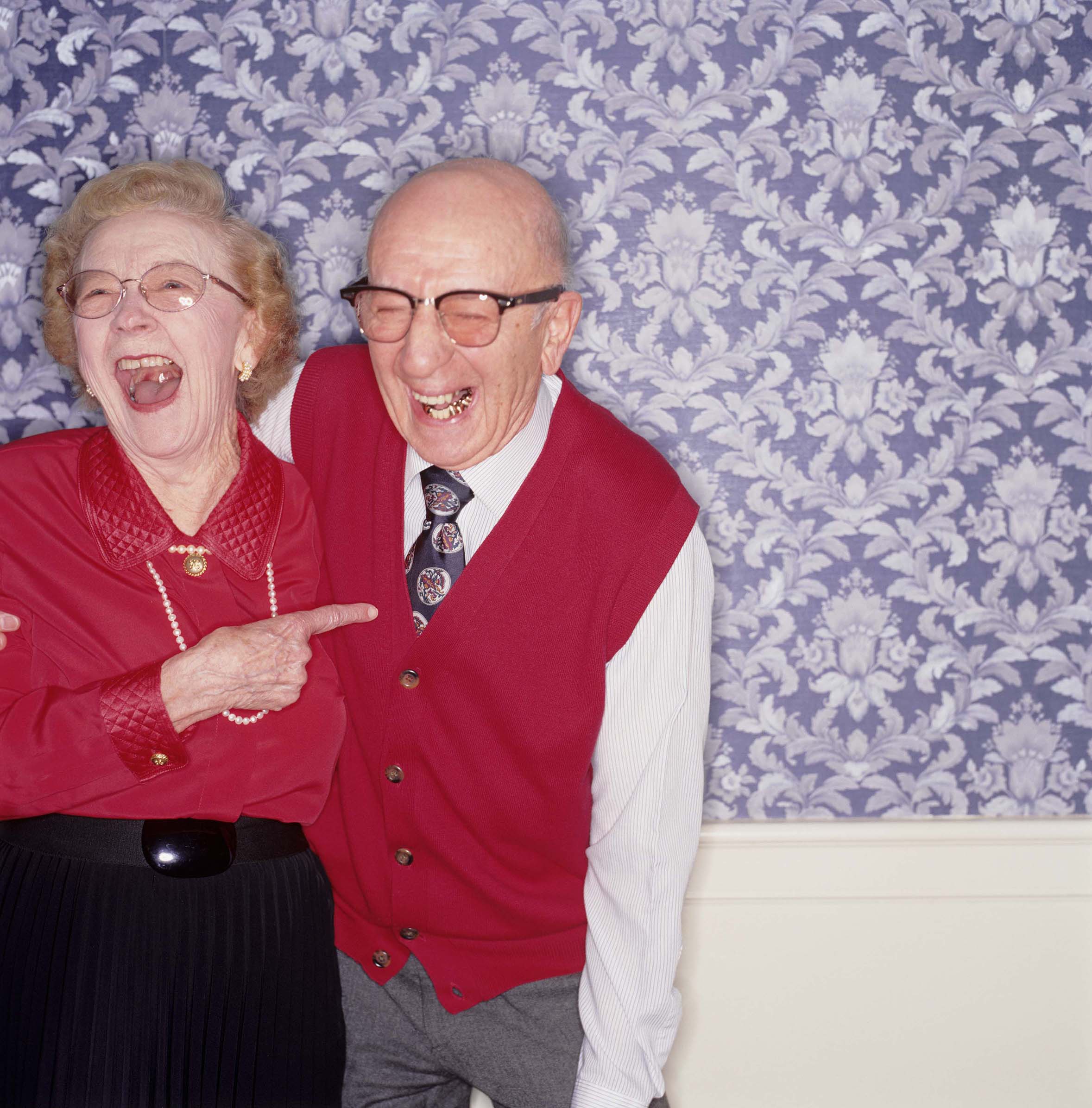Case Study

Wilma Jane pushed her walker to her place at the head of the table in this, her 89th year. Rail thin at five feet and looking, in the words of her middle-aged nieces and nephews, like "death warmed over," she hosted an annual family dinner at her daughter Mary's house. Mary, divorced with two grown daughters, serves as a temporary foster parent for medically fragile infants and toddlers while they await placement in a permanent foster home. Mary has helped such children for twenty years. It is Wilma Jane's favorite charity; she provides the money to subsidize Mary's foster-care operation.
As the guests raise their wine glasses to toast the family's future, Wilma Jane's slightly younger brother Bernie mutters about the despair that comes with getting old, knowing that his life is nearing its end and that there is no time left to find meaning in life.
Bernie never married, although years ago he was in love with Sheila, a redhead who left him for a dentist when he didn’t ask her to marry him fast enough. Although Bernie dated other women, none of them had Shelia’s allure. After a while Bernie immersed himself in his law practice with the belief that money was the measure of a man's life. He amassed a small fortune in his 35 years of practicing law and retired to live alone at age 60 and pursue his passions of fly-fishing and photography. A self-styled curmudgeon, he took pride in his investments and shunned any community involvement. He didn't like young people and voted against a public transportation measure because, in his words, "It’s mostly kids who ride the bus."
Wilma Jane and Bernie are in the final stage of their lives, dealing with the last crisis that life has to offer. Read about Erik Erikson’s final psychosocial stage in the textbook and on the Internet (search for Erikson Erikson’s psychosocial development).